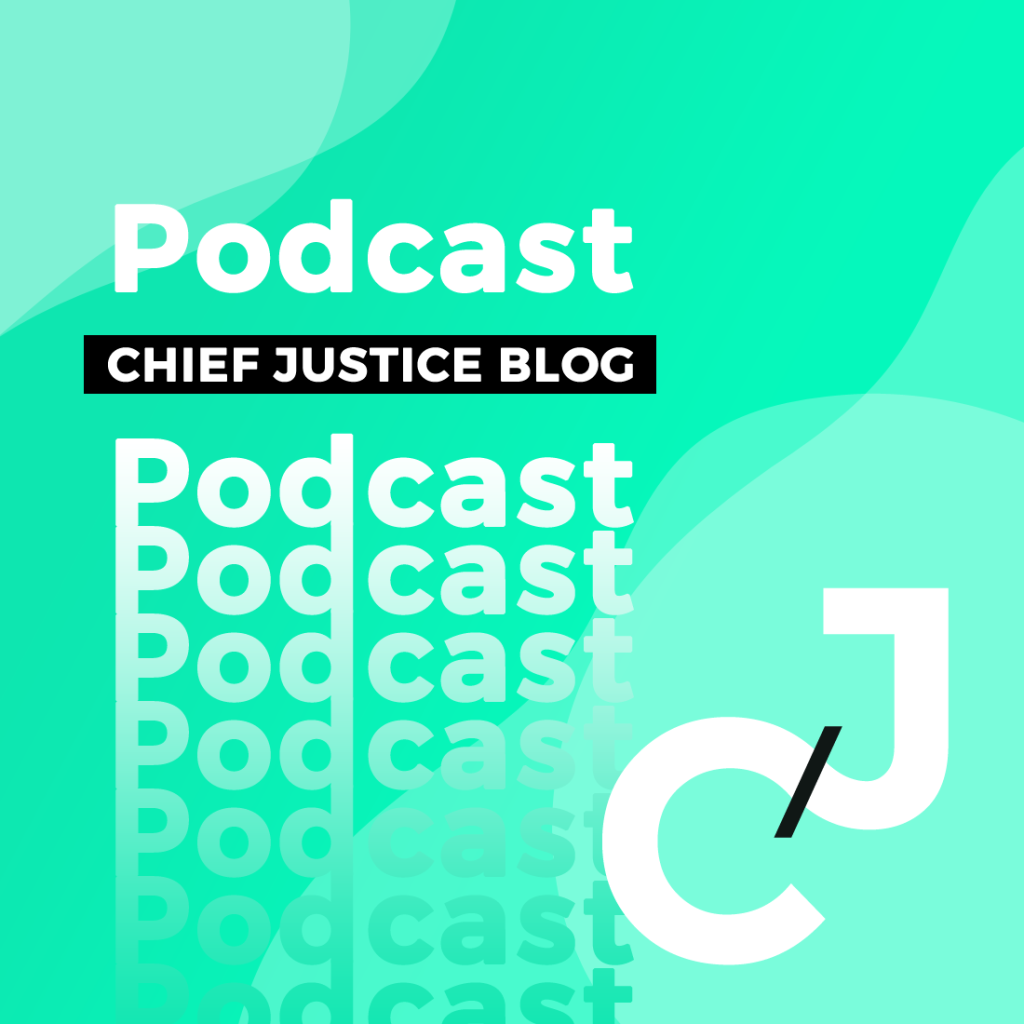As the Supreme Court started hearing the case on Wednesday, Chief Justice of Pakistan Umar Ata Bandial stated that the Supreme Court intends to conclude the matter today.
The CJP had taken suo motu notice of the constitutional crisis that occurred after Suri barred voting on the motion, calling it “illegal” – a decision that the Opposition called blatantly unconstitutional.
The arguments of the other respondents are being heard by the top court’s five-member bigger bench, which is led by Justice Bandial and includes Justice Muneeb Akhtar, Justice Aijazul Ahsan, Justice Mazhar Alam, and Justice Jamal Khan Mandokhel.
At the start of the hearing, PML-N lawyer Nazeer Tarar stated that the Punjab advocate-general had promised him that the provincial assembly session will take place today.
“The deputy speaker’s directions of the Punjab Assembly are not being followed.”
In response, CJP Bandial stated that a very significant matter is now being handled in this court.
“First and foremost, we want to close the case on what transpired in the NA on April 3,” the CJP stated.
Tarar, on the other hand, said that “the Punjab Assembly’s argument is an extension of Islamabad’s case.”
At this point, the chief justice stated that unfavourable remarks are being made about the court, and that the court is delaying the subject.
“We must make a decision after hearing everyone’s point of view.” would look at the Punjab assembly issue in the end.”
The court, according to CJP Bandial, would question the Punjab advocate-general under what rule the Assembly session was adjourned.
‘No one has been labelled a traitor in relation to Article 5’: CJP
Meanwhile, PTI attorney Babar Awan started his remarks, stating that he wishes to present some issues to the court.
“I feel that in this situation, no issue will be overlooked.”
Awan and counsels for the other respondents — the PPP, the PML-N, the Supreme Court Bar Association (SCBA), the Sindh High Court Bar, the Attorney General of Pakistan, and the Advocate General of Punjab — had also submitted their arguments before the court on Tuesday.
Today, Awan alluded to Justice Faez Isa’s ruling on minorities.
He disputed that, in this scenario, all political parties are parties, with the exception of the MQM-P, PTM, Balochistan Awami Party, Jamat-e-Islami, and Rah-e-Haq parties.
He went on to argue that the issue is about whether or not the NA speaker’s actions were unlawful.
“The political parties argue that they have been labelled traitors in accordance with Article 5 of the Constitution.” […]. Article 2 was to be interpreted by the court.”
At this point, CJP Bandial noted that no one has been labelled a traitor in relation to Article 5, but the action conducted in accordance with Article 5 has been labelled as treason. He stated that the Constitution is a document in which the clauses and parts are read in tandem.
“Article 95 has a unique meaning,” the court remarked. According to Awan, no one mentioned Article 63A.
“They [the opposition] claim to be fighting to defend parliamentary democracy. In a news conference that he held without having read the National Security Committee’s verdict, PML-N President [Shahbaz Sharif] urged the establishment of a committee.”
According to Awan, the combined Opposition wants the court to make a short order in their favour. He stated that the complaint parties want the National Security Committee reference in the judgement to be overlooked in this matter.
A British court’s decision was given. I’ll let you know if it’s applicable here or not. “The Pakistani Constitution was drafted with an Islamic perspective in mind.” Pakistan is not like other countries.”
He insisted that the speaker and deputy speaker could not remain mute in the face of the “foreign plot.” “The [NA] speaker and deputy speaker are obligated to carry out their constitutional responsibilities.”
The CJP then said that an allegation had been levelled in this instance. As the deputy speaker had taken a step, he requested the lawyer to come to the facts.
“A no-confidence vote is a constitutional procedure.” “Does the speaker have the authority to obstruct a constitutional process?” the CJP inquired.
Hearing on Lettergate behind closed doors. Meanwhile, the PTI’s counsel requested an in-camera hearing on the Lettergate.
At this point, the attorney general stated that a lawyer for a political party should not make foreign policy arguments. The CJP agreed with the attorney general that the court did not wish to become involved in foreign policy problems.
Babar Awan demands a judicial commission. Babar Awan asked the Supreme Court to convene a judicial panel to uncover the individuals responsible for the attack on Pakistan’s sovereignty.
According to the PTI’s counsel, questionable facts should be scrutinised, and the Memogate affair processes are still ongoing. In response to the lawyer’s request, Justice Mandokhel stated:
“Your client, the Prime Minister, wishes to establish a commission.” That is, he has no idea who is participating [in the foreign conspiracy].”
– Justice Mandokhel
The court inquired whether Awan’s client took such a drastic move without understanding the information.
Awan responded by saying that Prime Minister Imran Khan does not want to speak about what he knows for the benefit of Pakistan’s interests.
“Investigation is required if the facts are contentious.” [The] prime minister is not the investigator, thus this work should be performed by appropriate individuals.”
“You’re making assumptions in your reasoning,” Justice Ahsan said.
According to CJP Bandial, the court needed to be schooled about parliamentary democracy.
“We need to wrap up this matter and finish the hearing as quickly as possible.”
The CJP ordered Awan to submit the relevant details. He also inquired as to where the phrase “national interest” appears in the NA speaker’s oath.
In response to the question, Awan noted that the pledge of national security, defence, and allegiance is specified in the oath, which is believed to be in the national interest.
Meanwhile, CJP questioned Awan whether he feels the no-confidence resolution can be rejected without conducting an election.
“This is the first thing you brought up in your arguments. “You’re suggesting that according to the NA rules, the no-trust resolution may be rejected without a vote,” he commented.
Justice Ahsan pointed out that the speaker can only reject the motion if he has not given leave.
“Once the no-confidence motion is brought in court, it can only be defeated by a vote.”
Furthermore, when questioned if Rule 28 applies to the deputy speaker, Awan remained silent.
Meanwhile, Justice Akhtar asked if a speaker may preside over a session if he is the subject of a no-confidence motion.
Awan makes arguments in regard to Article 63A.
According to Awan, the institution where horse-trading occurs creates laws and norms for the country.
CJP Bandial enquired as to what correction in politics entailed.
“Under Article 63A, being de-seated is a consequence. “You claim a severe penalty is required,” he said.
“If your members are defecting from the party, the Supreme Court cannot rule on it.” Instead, it must rule on the proclamation of the Election Commission of Pakistan,” the court stated.
Justice Mandokhel stated that a party should consider why individuals are leaving it.
“We took an oath to defend the Constitution.” “The court will make a judgement for the people, and everyone will be bound by it,” he continued.
The Constitution has precedence over NA regulations, according to the CJP.
During Tuesday’s session, the top judge stated that constitutional directives take precedence over National Assembly norms.
He said that when the no-confidence resolution against Prime Minister Imran Khan was tabled, the majority of lawmakers (20%) were present in the National Assembly.
“The Constitutional right cannot be ignored on the basis of NA Rules.”
In today’s hearing, CJP Bandial asked NA speaker’s counsel Naeem Bokhari to deliver the minutes of the key NA session conducted on March 31 to debate the no-confidence vote against Prime Minister Imran Khan.
He also asked Bokhari to assist the court with papers in the next hearing on whether Suri was granted the authority to make the judgement or not.
“The establishment of a caretaker administration is subject to the court’s processes […] we aim to finish the matter today,” CJP Bandial said during the hearing.
“Instead of loyalties, the court will declare the judgement based on the law and the Constitution.”
He stated that the Supreme Court will issue an order once all parties have finished their arguments.
The Supreme Court takes action on its own initiative.
CJP Bandial had taken ad hoc notice of the constitutional crisis that had emerged as a result of the occurrence. The judge stated in a written decision delivered at the hearing on Sunday that his other judges approached him and voiced worry about the situation.
“Any directives and acts taken by Prime Minister Imran Khan and President Arif Alvi regarding the dissolution of the National Assembly must be subject to the order of this court,” CJP Bandial stated on Sunday after receiving the notice.
Previously, the Supreme Court barred state institutions from adopting any extra-constitutional actions and urged them to behave rigorously in line with the Constitution, while also urging all political forces in the country to stay peaceful.
Petition of the opposition
The combined Opposition has also filed a petition to overturn the deputy speakers’ order, which delayed the National Assembly session indefinitely after Suri cancelled voting on the no-confidence vote, calling it “unconstitutional.”
According to the United Opposition’s appeal, the speaker should be instructed to call the session today because “the deputy speaker cannot adjourn the session since it is unlawful.”
Furthermore, the Opposition has filed a suit for constitutional violations against President Arif Alvi, Prime Minister Imran Khan, Speaker NA Asad Qaiser, and Deputy Speaker Qasim Suri.
SCBA’s petition
Meanwhile, the Supreme Court Bar Association (SCBA) has petitioned the Supreme Court over the constitutional problem.
The constitutional petition filed by SCBA states that a voting of no-confidence motion was a must, and the speaker cannot cancel the voting by a ruling.
It was further noted that the deputy speaker’s ruling contradicts Article 95(2). It went on to say that under Article 58(1), the premier cannot even “advise dissolution of the parliament” if a no-confidence resolution is lodged against him or her.
According to sources close to the situation, the case will be heard by a special bench of the Supreme Court.















